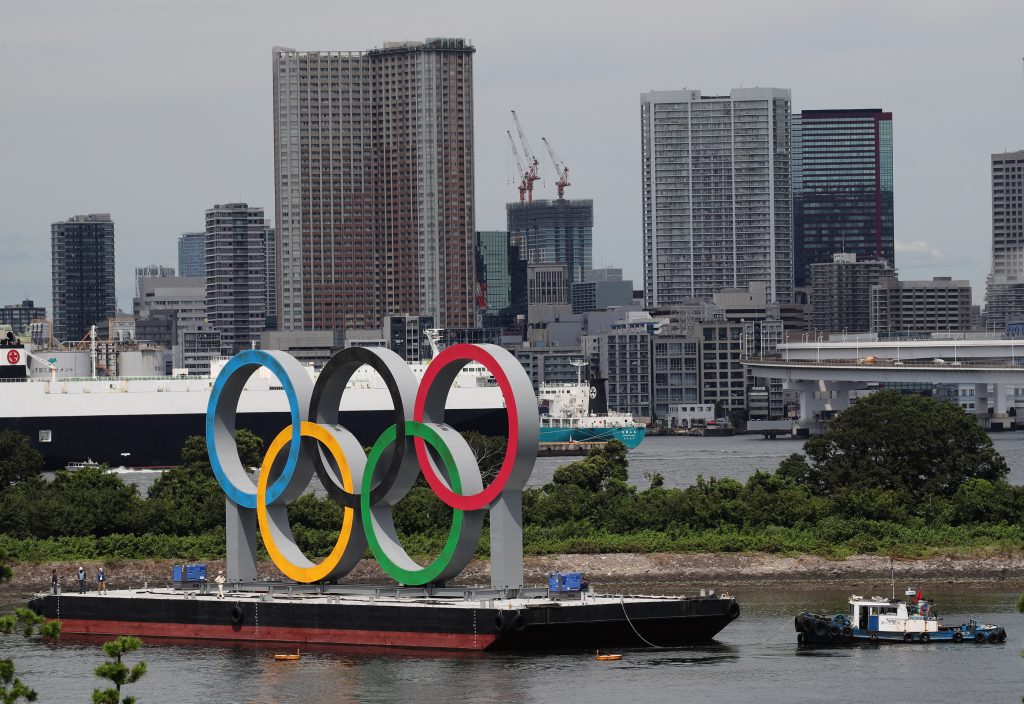
- ARAB NEWS
- 14 Jul 2025

TOKYO: Japanese experts expressed their views on what the Tokyo Olympics, held with almost no spectators due to the COVID-19 pandemic, left behind as legacies and lessons for posterity.
The Tokyo Olympics took place after a one-year delay due to the pandemic while the host city was still under a COVID-19 state of emergency.
Morinari Watanabe, a member of the International Olympic Committee and president of the International Gymnastics Federation, said that having hosted the Olympics will help Japan enhance its international presence.
“When Japanese people work abroad, it will support them that they are from a country that hosted an Olympics amid the pandemic,” he said.
Watanabe, who once worked as a corporate employee, said that Japanese people should have a wider perspective to consider the significance of having hosted the Olympics.
Japan “won confidence at a time when it is losing its global competitiveness,” he said, pointing to the importance of considering how to use the asset.
“Sports is a mirror that reflects society,” said Naofumi Masumoto, a visiting professor of Olympics studies at Tokyo Metropolitan University.
The Tokyo Olympics, which closed Sunday, were hit by a series of scandals before the opening that led to the resignations of officials including the president of the organizing committee.
This made Japanese people aware of problems with their society, such as low awareness of human rights and gender equality, Masumoto said. Those problems “gave us opportunities to look back at the meaning of holding the Olympics,” he said.
Masumoto also referred to a scene of a skateboarder who failed a trick being instantly surrounded by rivals for an applause. This “brought us back to the root of sports,” he said.
“The power of sports was reconfirmed,” said Michiko Saito, director-general at Utsukushima Sports Rooters, a nonprofit volunteer group based in the city of Fukushima.
But Saito also said she felt that people “have no interest in things other than their own communities and were divided even among Olympic volunteers.”
The Tokyo Olympics created a number of opponents of the Games and sports. Japanese people, many of whom are Olympic fans, may change their attitude toward the Games.
Saito said she hopes that people will not evaluate Olympics based only on the number of medals. “It would be good if children who don’t feel pressure just because they won gold will be born,” she said.
JIJI Press